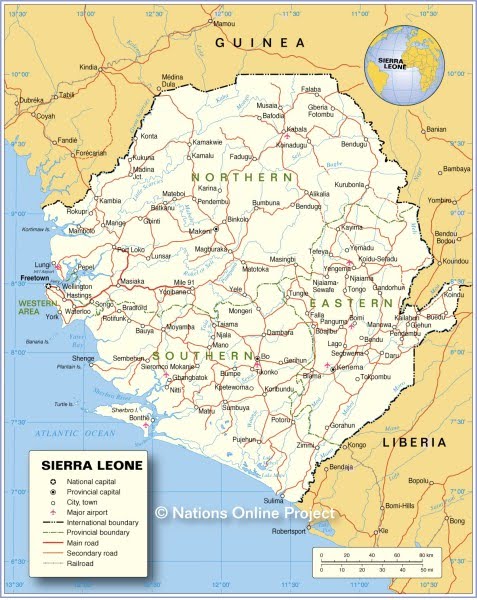
To take a look out of a first floor room at the college’s main building, will ensure that theological education and church training is not offered from an ‘ivory tower’.
The staffroom’s only window frames a theatre of two solidly constructed four storey buildings. One identifies itself with a well worn sign, “Complete Solutions-Business Services”, the other states itself to be the home of Culture Radio on 104.3 FM as well as the offices for “Shelter Africa”. Both buildings are inertly solid and provide the ‘bookends’ for a space of domestic and commercial energy, which orchestrates constant movement within, and on the street in front. The scenery of the stage includes an overarching mango tree and an erect papaw tree as well as a huge satellite dish which partly obscures a solid well-painted building further up the hillside. The music comes from an orchestra pit, occupied momentarily by a stream of voluble pedestrians and street sellers, as well vehicles, for which Fort Street is a one way thoroughfare. Enter right and exit left.

The multiple scenarios, which are located around the DVD kiosk, with its bunting emblazoning adverts for Tigo and Comium, (mobile phone top-up cards) includes sales of packets of biscuits, sweets and chewing gum on an adjacent table for the walk on and walk off actors with dry mouths, and a huge cast of street sellers with their wares piled on their heads. Centre stage lies behind the corrugated sheeting, where open charcoal-fired cooking pots provide constant food for occasional visitors, babies are washed in bowls and nursed on stools by young and not so young women and clothes on washing lines are frequently played with. Some of the actors appear only fleetingly from numerous homes constructed of recycled timber and well seasoned zinc sheeting, secured in place by car tyres and concrete blocks. An occasional burst of intelligible krio can be deciphered but the script is largely a babble of sound from the orchestra pit.
After spectating on this epic from the staff room window, the move to the classroom brings an encounter with a different cast, many of them leaders within their respective churches and committed to adult education in response their ministry. As mature men and women who, as part of their registration are asked a series of questions, which including those which will make up their psycho-social profile.
Which of the following experiences did you witness during the war in Salone?
a) the killing and massacre of human lives, b) the death of someone close to you,
c) rape,d) amputation, e) looting of your own property, f) forced labour, g) hunger, h) disease, i) internal displacement, j) external refuge, k) specify others.
It is there in the classroom, with its richness of life’s joys and tragedies, that an interpretation of the Salonian daily drama can be explored, so that students and staff together can ask the question, What does God make of all this? And, what is our response to be?
It is hoped that the responses that appear in the months ahead will continue to be rooted in the theatre of life.














